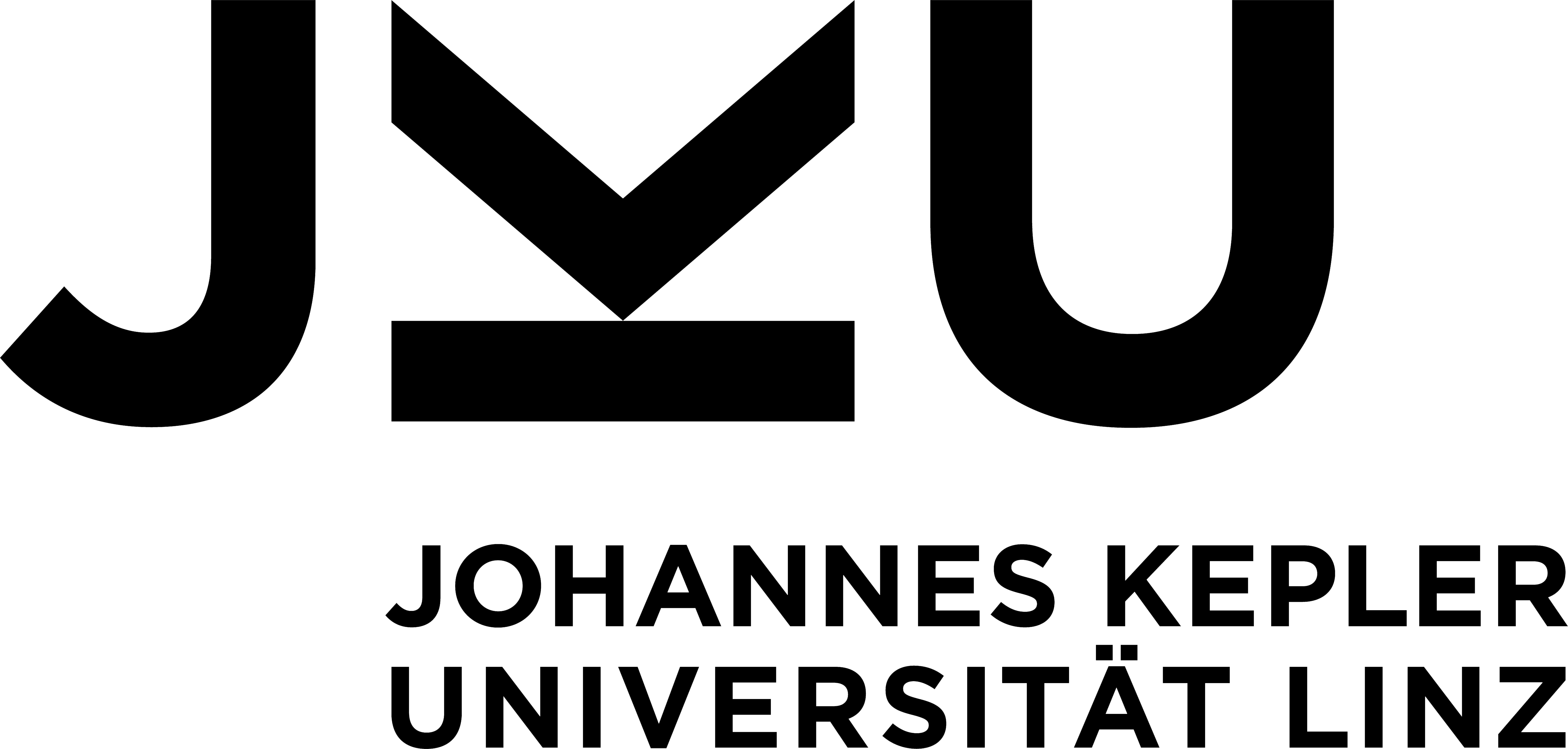Computer Science Colloquium
Adam C Whiteside
Google Inc.
Classic Problems to Make Quantum Computing a Reality
Mon 04.07.2016, 10:00, 60 minutesS3 058, Informatikgebäude (Science Park 3)
Abstract
Recent experiments have shown exciting process towards creating reliable quantum bits (qubits) that will make up tomorrow's quantum computers. While experiments and engineers continue to make the physics side a reality, computer scientists and software engineers will be essential to getting the most out of such expensive hardware. An entire stack of classical software must be developed, requiring creative solutions to a broad range of problems. We provide an introduction to quantum computing and an overview of the problems left to face in an effort to inspire more research in these important areas.Bio
Adam Whiteside started his studies in Computer Science at the University of Melbourne, while working as a web developer, before going on to do his Master's in Bioinformatics researching the effectiveness of various models on the detection of differential isoform gene expression. Along the way, he encountered quantum computing and worked closely with Dr. Austin Fowler to create a highly optimized version of the minimum-weight perfect matching algorithm for use in quantum error correction. Having discovered the wealth of interesting problems to solve in the field, he began his Ph.D. studies in Physics to continue his work on analyzing the coordination of physical qubits to perform logical operations. After contracting for Google Inc., he currently finds himself working with the Quantum AI team in Los Angeles office. Given his bioinformatics background, he is most excited about the applications of quantum computing in the field of chemistry, and he hopes that more computer scientists and software engineers will discover the fascinating problems left to be solved to make these computers a reality.Invited by Univ.-Prof. Dr. Robert Wille, Institut für Integrierte Schaltungen
The Computer Science Colloquium is organized by the Department of Coputer Science at JKU, the Österreichische Gesellschaft für Informatik (ÖGI) and the Österreichische Computergesellschaft (OCG).
